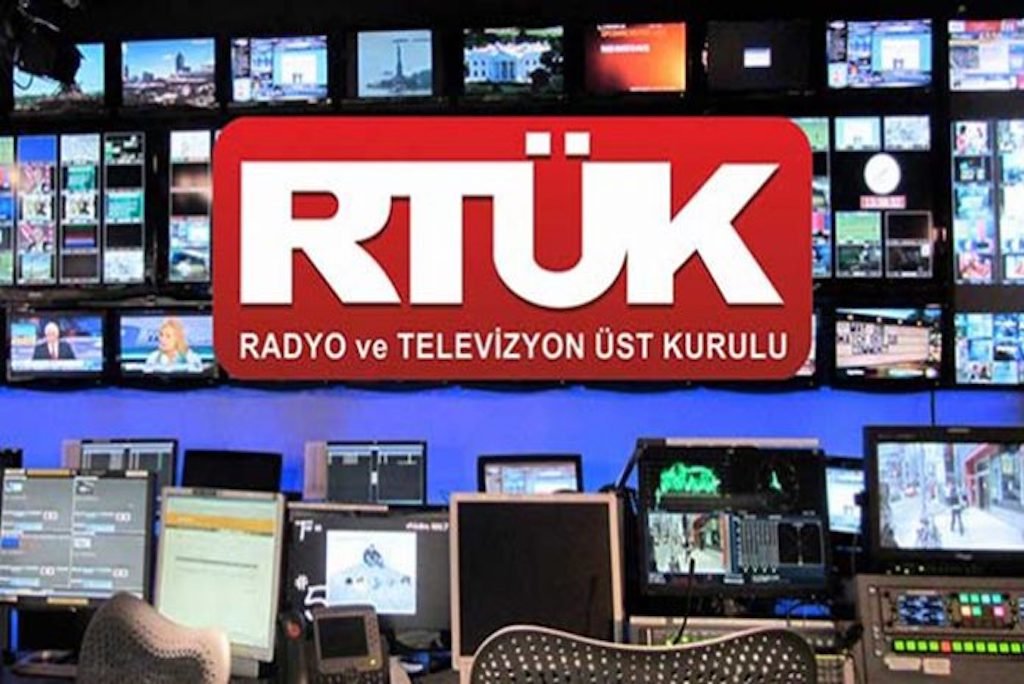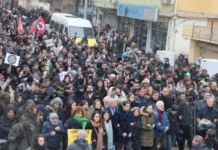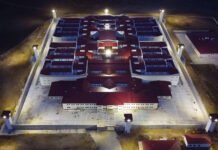Turkey’s media watchdog has ordered a 10-day broadcast blackout of pro-opposition Sözcü TV, starting June 1, penalizing the station for its coverage of nationwide protests following the arrest of İstanbul Mayor Ekrem İmamoğlu, a prominent opposition figure, the Bianet news website reported.
RTÜK accused Sözcü TV of inciting hatred through live coverage and commentary from İstanbul, Ankara and İzmir, alleging that the broadcasts encouraged public unrest. The sanction is the most severe RTÜK can impose short of revoking a license; a repeat violation could lead to the station losing its broadcasting rights.
Unless a court grants a stay, the channel’s screen will display only the official RTÜK decision on a black background during the blackout period.
İmamoğlu, a senior member of the main opposition Republican People’s Party (CHP) and his party’s presidential candidate for the next election, was detained on March 19 and later arrested on corruption charges criticized as politically motivated. His arrest, widely seen as targeting the biggest political rival to longtime President Recep Tayyip Erdoğan in the 2028 presidential election, sparked Turkey’s worst protests in decades.
It is common for pro-opposition news channels in Turkey to face restrictions on their broadcasting through sanctions imposed by RTÜK, whose board members are appointed in proportion to the number of seats held by political parties in parliament, meaning that the ruling Justice and Development Party (AKP) currently dominates the agency.
After a failed coup in July 2016, the Turkish government summarily shut down nearly 200 media outlets due to their alleged links to terrorism or their alleged involvement in terrorist propaganda. The post-coup crackdown also included the detention of dozens of journalists, which briefly made Turkey the second-worst jailer of journalists in the world after China.
Turkey, which is still known as one of the top jailers of journalists worldwide, ranks 159th among 180 countries in the Reporters Without Borders (RSF) 2025 World Press Freedom Index. The report cites ongoing censorship, politically motivated arrests and state control over media as key factors in the country’s continued decline in press freedom.















